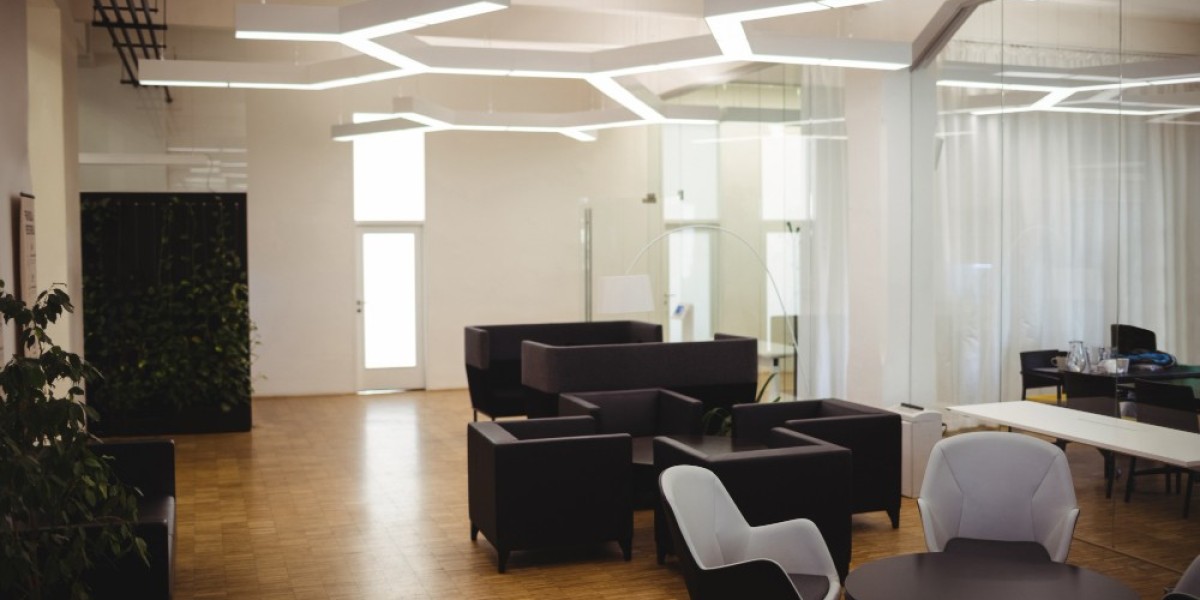An office table is more than just a piece of furniture; it is a foundational element that defines your workspace's functionality, comfort, and style. Whether you’re setting up a home office or outfitting a professional workspace, choosing the right office table is critical for productivity and overall well-being. This guide will help you navigate the selection process, ensuring you make an informed decision.
Why the Right Office Table Matters
An office table serves multiple purposes. It is a workstation, a storage space, and often a centerpiece in the room. Choosing the wrong table can lead to discomfort, clutter, and a lack of efficiency. On the other hand, a well-chosen office table improves posture, maximizes space, and contributes to a professional appearance, leaving a lasting impression on visitors and colleagues.
Types of Office Tables
Before diving into specifics, it’s essential to know the various types of office tables available. Understanding the options will help you identify the best fit for your requirements.
- Executive Tables: Designed for senior professionals, these tables are large, stylish, and often come with ample storage.
- Workstations: Compact and functional, these tables are ideal for individual tasks in open office layouts.
- Conference Tables: Built for meetings, they are typically large enough to accommodate multiple people.
- Standing Desks: These ergonomic tables allow users to switch between sitting and standing, promoting better health.
- Computer Desks: Specially designed to accommodate desktops, laptops, and related accessories.
- Reception Desks: Stylish and welcoming, these tables make the first impression on clients and visitors.
Factors to Consider When Choosing an Office Table
1. Space and Dimensions
Evaluate the available space in your office. Measure the area where the table will be placed to ensure it fits comfortably without overcrowding the room. If space is limited, consider a compact workstation or a corner desk that makes efficient use of the area.
2. Material and Durability
The material of your office table impacts its durability, appearance, and maintenance. Popular options include:
- Wood: Provides a classic and professional look, suitable for executive settings.
- Metal: Durable and modern, often used in industrial-style workspaces.
- Glass: Sleek and contemporary, though prone to smudges and scratches.
- Laminate: Affordable and available in a variety of finishes, ideal for busy offices.
Select a material that aligns with your usage and maintenance preferences.
3. Ergonomics and Comfort
Your comfort directly affects your productivity. Choose a table that promotes proper posture, with enough legroom and a height that aligns with your chair. For those spending long hours at their desks, an ergonomic table or an adjustable-height desk is a worthwhile investment.
4. Aesthetics and Design
Your office table should complement your workspace's overall design. Consider the color, finish, and style that best match your office decor. A sleek, minimalist table works well in modern offices, while a rich wooden desk might suit a traditional setup.
5. Storage Options
Consider the amount of storage you need. Tables with built-in drawers or shelves can help keep your workspace organized. For minimalists, a simple design with separate storage solutions might be more appealing.
6. Budget and Price
Office tables come in a wide price range. Set a budget before you start shopping and stick to it. While it’s tempting to opt for the cheapest option, investing in a high-quality table can save you money in the long run due to its durability.
Office Table Trends to Look For
The office furniture industry constantly evolves, and staying updated on the latest trends can help you make a future-proof choice.
- Sustainability: Tables made from eco-friendly materials are becoming increasingly popular.
- Customizable Furniture: Adjustable desks and modular designs allow for a personalized workspace.
- Tech-Integrated Tables: Built-in cable management and charging ports cater to modern tech needs.
- Compact Solutions: With the rise of home offices, foldable and space-saving desks are in demand.
Tips for Choosing the Perfect Office Table
- Define Your Purpose: Identify how you’ll use the table—whether for paperwork, computer work, or client meetings.
- Prioritize Quality Over Quantity: It’s better to invest in one high-quality table than multiple substandard ones.
- Seek Expert Advice: Consult professionals for recommendations tailored to your space and requirements.
- Test Before Buying: If possible, visit a showroom to test the table’s comfort and functionality.
Final Words
Choosing the right office table requires careful consideration of your space, needs, and budget. A well-selected table not only boosts productivity but also enhances the overall look and feel of your workspace. Whether you need a compact workstation or a luxurious executive desk, ensure it aligns with your professional goals and personal preferences.
For high-quality office tables and furniture, Office Mantra is the top office furniture manufacturer in Pune. With a wide range of stylish, durable, and ergonomic designs, Office Mantra ensures you find the perfect table for your workspace.
FAQs About Choosing Office Tables
1. How do I determine the right size for my office table?
Measure your available space and choose a table that fits comfortably, leaving enough room for movement and additional furniture.
2. What material is best for an office table?
Wood offers a professional look, while metal and laminate are durable and low-maintenance. Choose based on your needs and aesthetic preferences.
3. Are standing desks worth the investment?
Yes, standing desks promote better posture and reduce health risks associated with prolonged sitting.
4. How can I maximize storage with an office table?
Look for tables with built-in drawers or shelves. Alternatively, pair a simple table with separate storage units.
5. What’s the average lifespan of an office table?
The lifespan depends on the material and usage. High-quality tables can last 10–15 years or more with proper care.







